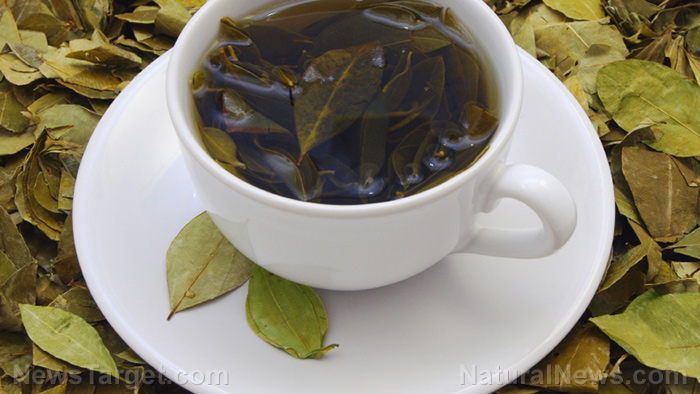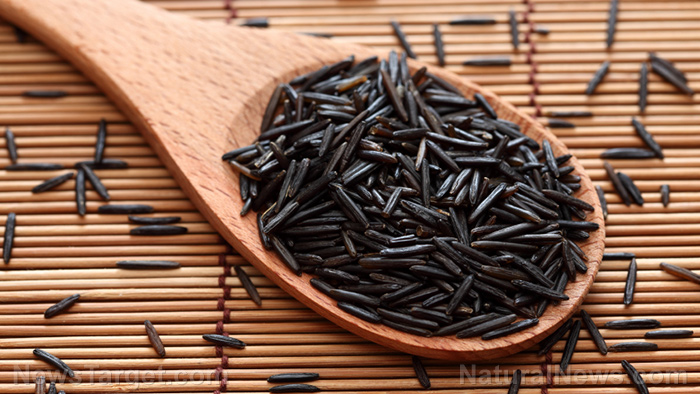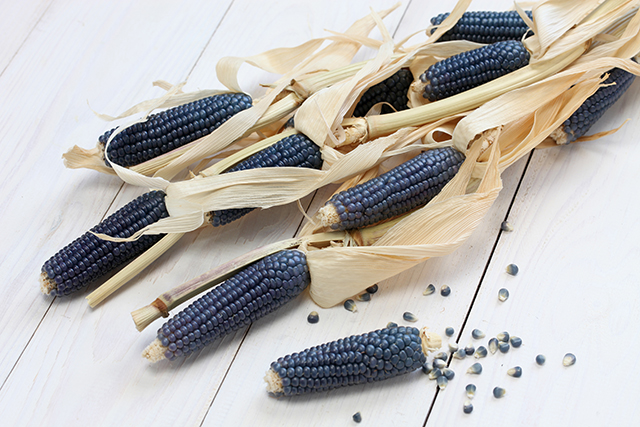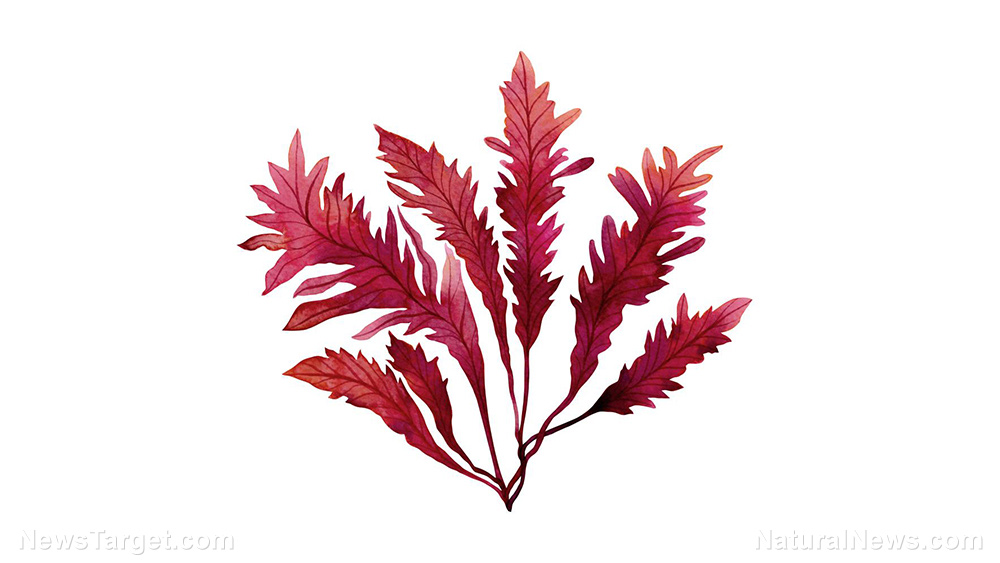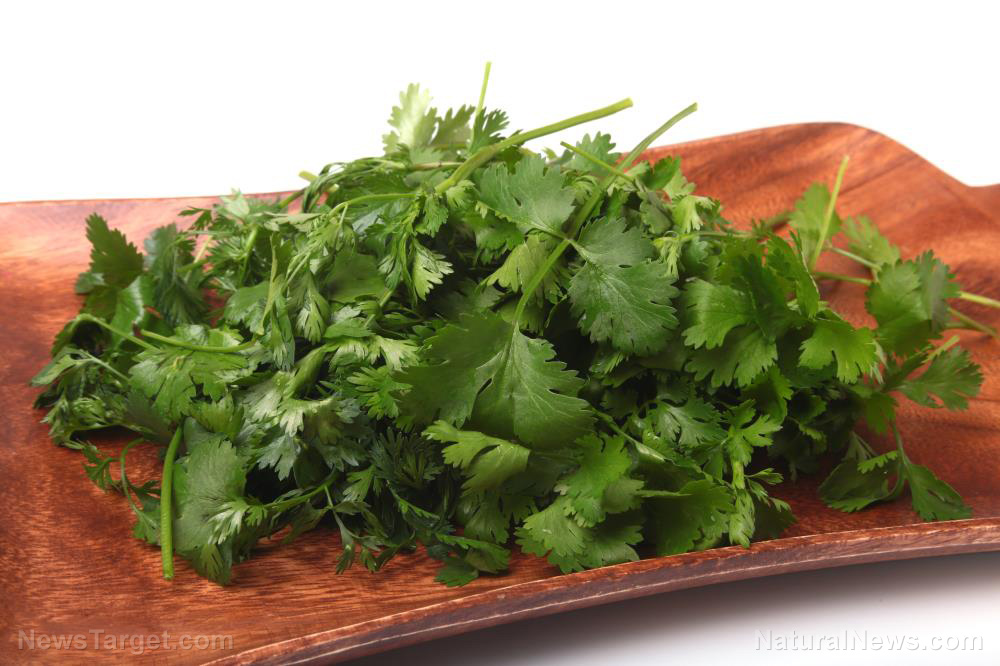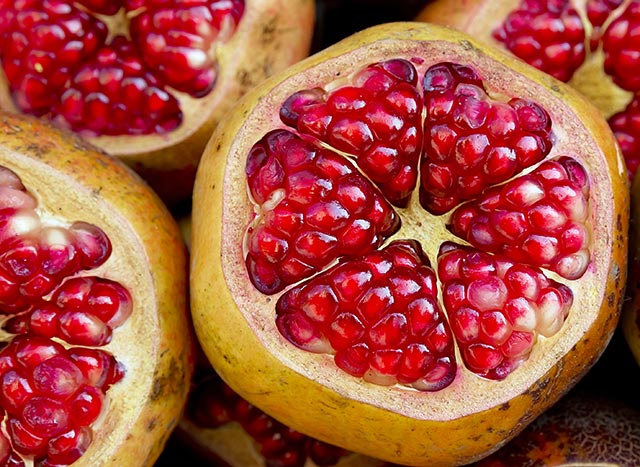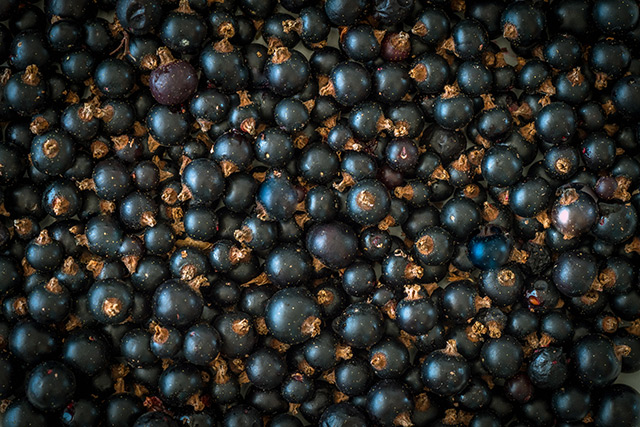Plant cell cultures: Would you eat vegetables grown in a lab if they were nutritious and tasty?
04/23/2018 / By Vicki Batts
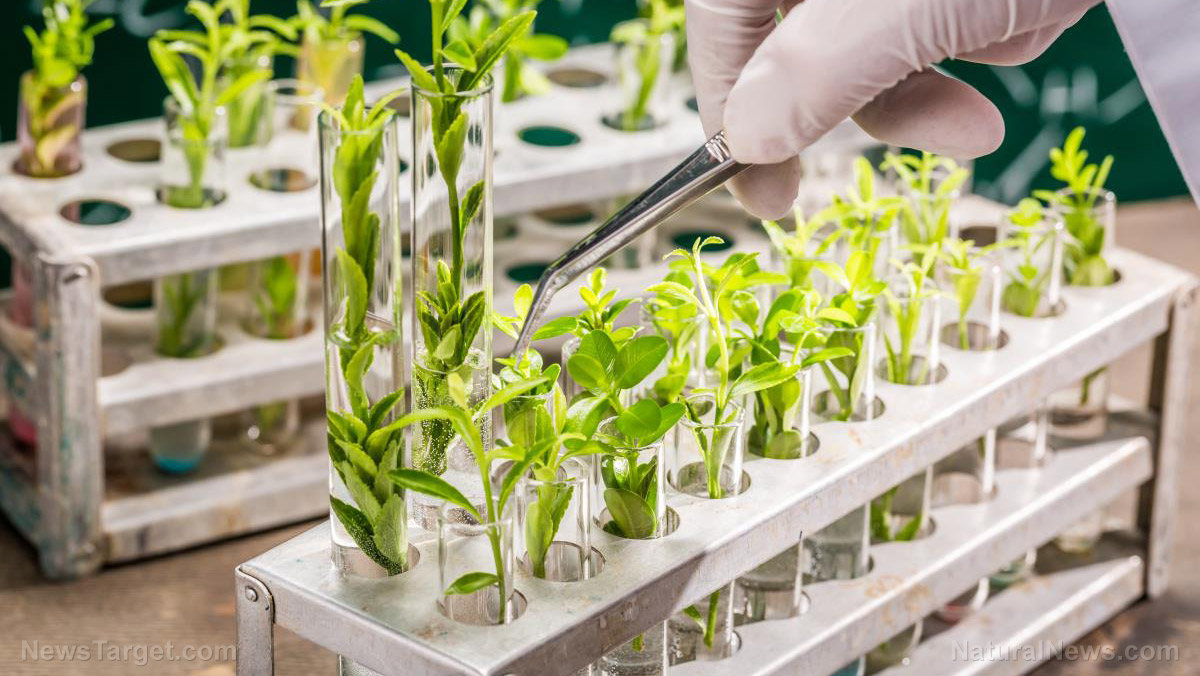
Would you want to eat superfoods grown in a lab? For many people, the latest development in the biotech industry is more hair-raising than it is inspiring. Scientists from the Technical Research Centre of Finland (VTT) are developing a new method for producing plant-based foods — via the use of what’s known as “plant cell cultures,” instead of traditional farming. It seems that “test tube food” isn’t that far beyond the horizon.
VTT has reportedly been working on their new technology for years. Their goal of creating a “new and groundbreaking” way of growing plant-based foods without the earth is nothing short of lofty. But as you may notice, in their press release, they never dare to call their lab creations “plants.” Terms like “plant-based foods,” “vegetable food stuffs” and “ingredients” abound — which leaves this writer wondering: Are they producing real food, or a very convincing substitute?
No one would argue that many of the prepackaged, processed items you can find at the supermarket or corner store aren’t “real” or “whole” foods; these kinds of items are known for containing a litany of disease-causing ingredients like artificial dyes, trans fats and high-fructose corn syrup. These are not ingredients that one can procure from a garden — they’re made in a lab. And that’s not even going into all the traces of pesticides, herbicides and chemical fertilizers (and who knows what else) that are found in food — thanks to food industry zealots.
But now that consumers are becoming more savvy and aware of shady practices within the food and agricultural industries, it seems as though they are turning to other means. While VTT claims that their newest development — which seems to amount to artificial plants grown out of a petri dish — will bolster sustainability, you might ask: Why don’t we just stop using pesticides?
The fact that the agricultural industry’s dependence on a toxic chemical cocktail has harmed virtually every aspect of our environment is very clear: From massive ocean die-offs to decimated bee populations, it’s clear that the industry has grown too big for its britches and cannot be trusted. Why then, should anyone trust that these lab-grown “food stuffs?”
Emilia Nordlund, Leader of VTT’s Food Solutions Team, reportedly stated, “This is not only a completely new opportunity for the food industry but to society as a whole…”
Even the scientists are admitting that these plant cell culture-derived products are ultimately intended for the food industry and consequentially, the industry’s profit margins. Further, the press release notes that their plant-cell cultures had “pleasant, fresh and mild flavor, which resembled that of corresponding fresh fruits” and that the “visual appearance of cell cultures also resembled that of the corresponding fresh fruits.”
But they never do actually call their test-tube products “fruit” — probably because at the end of the day, it’s not real fruit. Even one of the leading scientists who helped pioneer this effort admits that their creations shouldn’t be considered “fruit.”
Heiko Rischer, Leader of VTT’s Plant Biotechnology Research Team, commented, “Biomass produced with plant cell culture technology should be considered as completely new food material, which is why their characteristics should not necessarily be compared with corresponding fresh fruits. Their excellent nutritional properties are a sign of great future potential of plant cell cultures in creating new types of superfoods…”
In other words, the “biomass” VTT is producing is not real fruit. It may smell, taste and look the same, but it should still be regarded as an entirely different substance. But, how will consumers ever truly know the difference if these phony copies are identical — at least on the surface?
Sources for this article include:
Tagged Under: Big Biotech, Big Food, dangerous ingredients, food safety, food supply, GMOs, lab-grown food, nutrition, plant cell cultures






